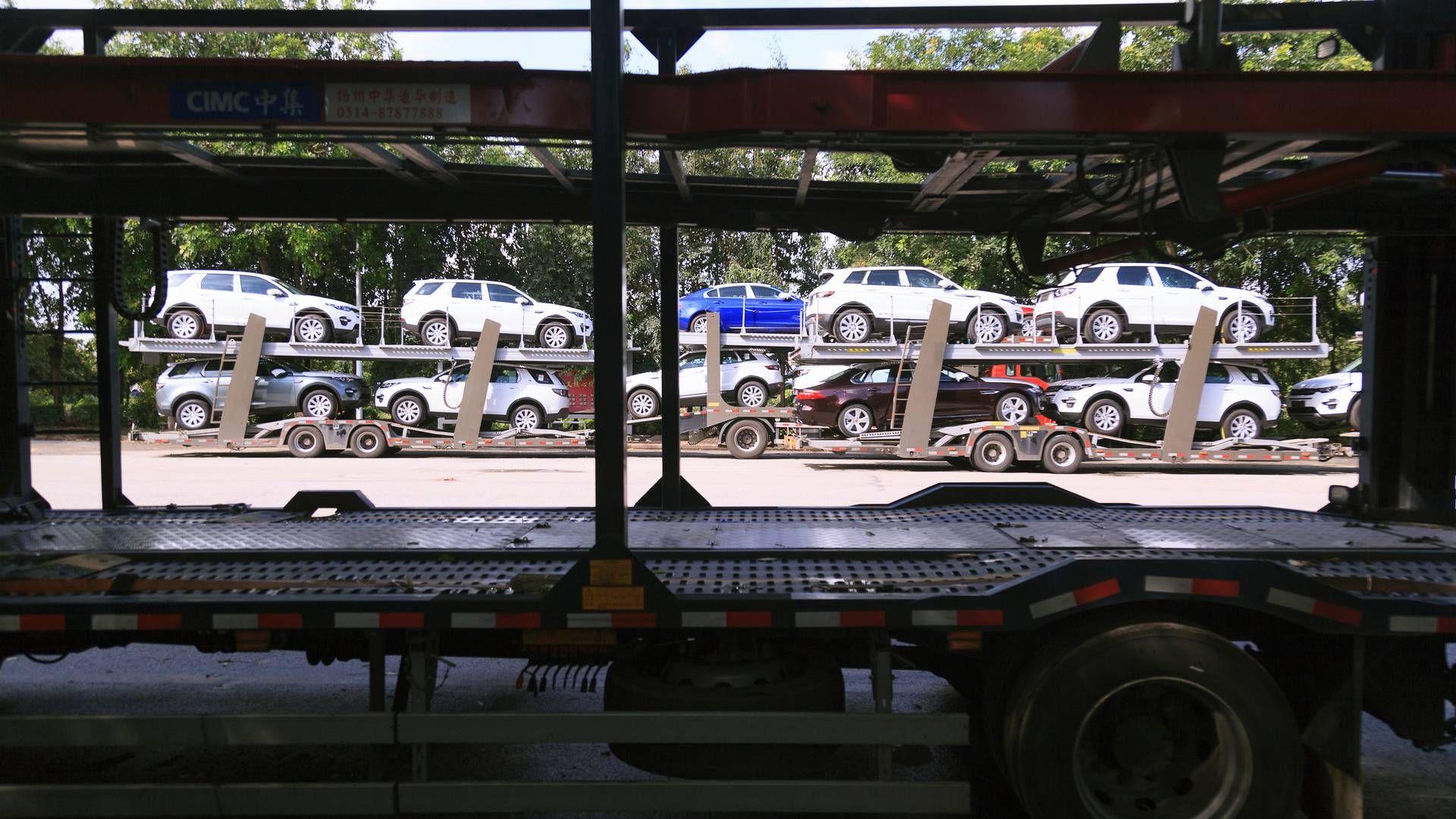Carmakers quietly cut ties to China

According to industry leaders and experts, several international groups has initiated a quiet, but concerted effort to reduce their dependency of China’s far-reaching network of automotive component producers, writes Financial Times.
Over the past 20 years, China has become a global leader in the car parts industry.
The country’s growth was fueled by European and US carmakers which outsourced production of a increasing number of components to China in efforts to reduce costs and establish ties to the world’s largest car market.
However, this all looks to be changing.
“There is a large-scale rethinking of logistics operations across the industry. The supply chain is going to be the focus of this decade,” says senior executive at Ford Ted Cannis.
The move has been prompted by two developments.
The first one being uncertainties caused by China’s zero Covid-19 policy forcing factories to shutdown at short notice.
And the other one being more durable concerns about a large-scale political decoupling in event of a breakdown of China’s relations to the international community, which could threaten trade like the one we are seeing in Russia.
Foreign manufacturers aim to produce parts and cars inside China exclusively for use in the country. Such measures reduce their reliance on Chinese plants for goods sold overseas, while keeping stable supply chains to their own plants in the country.
Although it is unlikely that international groups are to cut ties with China completely on account of the market’s size, it is expected that the flow of components from the country to plants across the world is to fall over time.
English edit: Simon Øst Vejbæk
Car carriers are harvesting big profits
Lauritzen pulls out close to USD 16m to increase ownership share in BW Epic Kosan



















